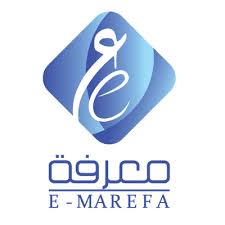The Origination of the World According to Islamic Theologians and Al-Kindi, the Arab Philosopher
DOI:
https://doi.org/10.36602/faj.2014.n02.12Keywords:
Creation of the World, Islamic Philosophy, Mu'tazilites, Al-Kindi, Abu al-Hudhayl al-Allaf, Mu‘ammar ibn ‘AbbadAbstract
The question of the creation of the world is one of the most significant philosophical issues that has occupied Islamic thought, both in the past and present, due to its profound impact on Islamic creed. It has been a central point of contention between Muslim theologians and philosophers, especially in response to the notion of the world's eternity proposed by Greek and Western philosophers. Among the earliest Muslim thinkers to address this issue was Abu al-Hudhayl al-Allaf (131 AH), a pioneer of the Mu'tazilite school, who affirmed that the world was created by God. This position was also upheld by Mu‘ammar ibn ‘Abbad al-Sulami (d. 215 AH), who maintained that God brought the world into existence from nothingness. Likewise, Hisham ibn ‘Umar al-Fuwati emphasized God's role as the Creator. The philosopher al-Kindi, regarded as the first Islamic philosopher, played a key role in reconciling religion with philosophy and affirmed that God is the efficient and originating cause of the universe. This study relies on authentic sources to trace the historical and intellectual development of the doctrine of creation in Islamic philosophy, showing how Muslim scholars grounded their arguments in both reason and Qur'anic evidence.
Downloads
Published
How to Cite
Issue
Section
License
Copyright (c) 2014 عمر فرج زوراب

This work is licensed under a Creative Commons Attribution 4.0 International License.
All articles published from January 2025 onward are licensed under the Creative Commons Attribution 4.0 International License (CC BY 4.0), which permits use, sharing, adaptation, and redistribution for any purpose, including commercial ones, provided that proper credit is given to the original author and source, a link to the license is provided, and any changes made are indicated.













